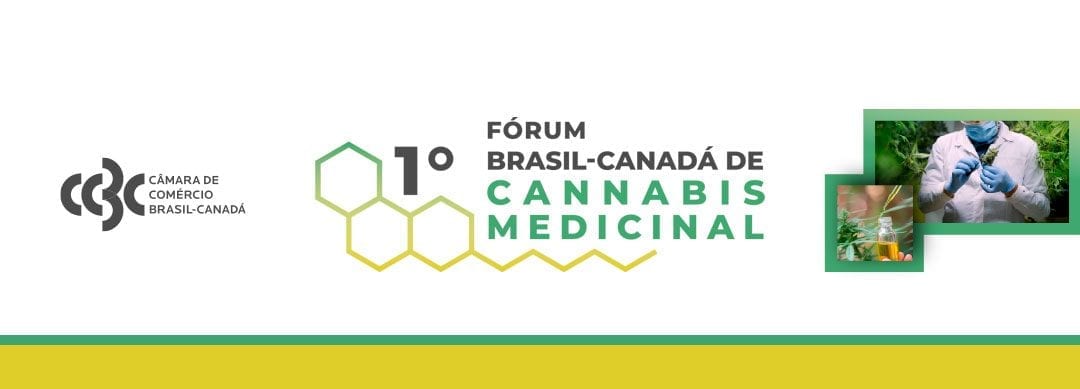The use of the plant for therapeutic purposes increases in many parts of the world and brings benefits for patients using traditional medicines
By Sérgio Siscaro
The first proven use of cannabis for medicinal purposes happened under the rule of Chinese emperor Chen Nung, in 2,700 b.C. At the time, the plant – currently better known for being the base for marijuana – was known for treating malaria, constipation, and rheumatic pain, among other uses. Today, its use as the active principle of many medicines has been increasing around the world: it has been prescribed to treat many health issues, from cancer and diabetes to neurodegenerative diseases, epilepsy, and Alzheimer’s disease. Therefore, many countries have been adjusting their laws and allowing cannabis medicinal use.
Besides improving patients’ situations, the use of medicinal cannabis will open a billion-dollar market in the next years. According to a recent study from the consulting company Euromonitor, the total consumption of the plant (both legally and illegally) represented, in 2019, a global activity of US$150 billion. This amount shall reach US$166 billion in the next five years, and 77% of this amount shall represent legal sales, which include the medicinal use.
To discuss the opportunities for the health market, the Chamber of Commerce Brazil-Canada (CCBC) shall promote, next April 7, the Brazil-Canada Medicinal Cannabis Forum. The idea is taking Canadian experience in that field – the country has made it legal to trade cannabis for medicinal use in 2001. Throughout the event, the matter shall be discussed by academic researchers, medical experts, representatives from entities of patients, and members of Government authorities, besides businessmen interested in taking part in that market.
Enrollments for CCBC’s Canada-Brazil Medicinal Cannabis Forum may be made here: https://www.sympla.com.br/1-forum-brasil-canada-de-cannabis-medicinal__799087
Access to knowledge is a challenge
One of the Forum attendees is Wellington Briques, an officer in the area of Global Medical Affairs for Latin America at the Canadian company Canopy Growth Corporation. According to him, the main matter to be discussed regarding the use of cannabis for medicinal purposes is education – and not only in Brazil but in the world as a whole. “Today, there are around 15 thousand to 17 thousand prescriptions that went through Anvisa [National Health Surveillance Agency] and requested an authorization to import cannabis. These prescriptions were made by 1,100 physicians, in other words, only 0.25% of physicians working in Brazil. This is a result of the lack of information and knowledge surrounding the matter,” he says.
According to Briques, the use of cannabis for medicinal purposes is still very recent, and its applications may not be discussed in medical schools. “There is a need for partnerships with universities to try and fill this gap,” he says, adding that he attended a course at Universidade de São Paulo (USP) with more than 90 attendees.
This lack of information ends up preventing doctors from prescribing cannabis – which is a new therapeutic class. “We are developing work to assess which shall be the cannabis dosage to treat pain. In April, we will bring experts from all over the world to Canada, including from Brazil. However, clinical studies like those we have in other types of medication are still lacking. This is still happening – but we have started this process,” he says.
He adds that cannabis has the advantage of, in a few treatments, replacing conventional medicines that cause a series of side effects to patients – such as in cases of multiple sclerosis or epilepsy. “This is possible in several cases. And the more scientific evidence we have more effective the treatment will be.”
Briques believes that there shall be a lot of the cannabis extract available in Brazil as of the second semester if the import orders are accepted. “It shall contribute to reduce the negative image of the plant here. But it is necessary to make it clear to the society the difference between medicinal and recreational cannabis.” Briques also tells that in Canopy they work a lot on the matter of advertisement for medicinal cannabis – which, despite having been used for many years in Canada, still generates a certain social stigma. “We have to take extra care with language. But the stigma tends to disappear when people understand the difference between one thing and the other,” he says.





